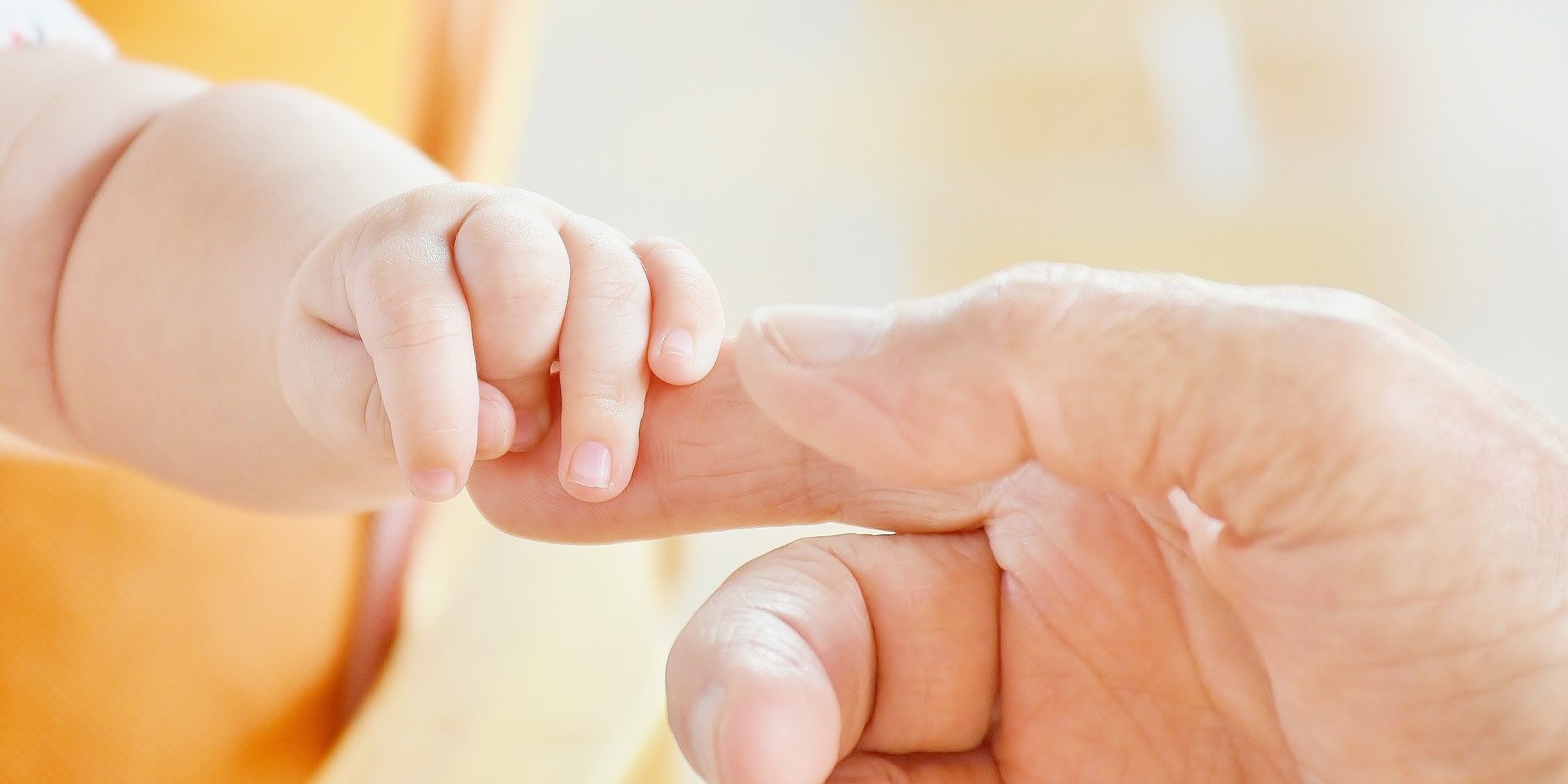EUROPE 1 ACCOMPANES YOU
This is the period of viruses for children and adults, and therefore, fever. For parents, it is not always easy to know when to worry when your child is feverish. "The definition is clear, unique and consensual," says Dr. Jimmy Mohamed, Europe 1. So we can speak of fever "above 38 degrees, in the absence of intense physical activity, in a child normally covered, exposed to a temperate ambient temperature, "he says.
In case of fever, it is advisable to adopt the right gestures. "If your child has four blankets on him, he may have 38 fever but he can not have 39. Sometimes parents tell me that their child has been well covered but that he has 39.5. there is an ongoing infection, "says Dr. Jimmy Mohamed.
Favor the rectal or auricular thermometer
If you think your child has a fever, how can you be sure? "In children, the reference method is the rectal way," says the doctor, who advises this method of measurement for children aged "two, three years or a few months". Jimmy Mohamed finds some reluctance among some parents fearing to hurt their child. "I find it much more embarrassing that a parent does not know that his child has a fever rather than put a thermometer in his buttocks," says the doctor.
>>> READ ALSO - For children, all medications are not helpful, warns UFC-Que Choisir
There is another method of reference: the thermometer to insert in the ear. "It measures the central temperature so you do not need to add degrees, but you have to have the right technique: you have to put the tip of the thermometer at the bottom of your ear. bottom, you will have a superficial temperature ", advises Jimmy Mohamed.
So, when to worry? "The majority of fevers in children is rather viral.It does not warrant any special examination and improves within 72 hours," reassures the doctor, who wishes to recall that "the fever is only the symptom of a underlying infection or disease ".
Observe the behavior and condition of his child
Nevertheless, fever can be a warning signal to take seriously, especially when it concerns a child under three months. Jimmy Mohamed advocates an "emergency consultation because it may be a reflection of a bacterial infection."
Another case: when the child is immuno-depressed, sickle cell or diabetic. Finally, in case of "signs of poor tolerance" that are perceived facies of the child, fever must worry. "A pale child with bluish lips, a disturbing touch, who no longer plays, who is sleepy, whiny, painful, plaintive, with cold extremities and mottled skin: all these elements, taken separately, must lead you to consult. At the slightest doubt, you make a call to your doctor, "says the doctor. If the child is not in these situations, "we can give paracetamol but only if the temperature is poorly tolerated," recommends Jimmy Mohamed, who also delivers three tips.
Give to drink, ventilate and remove the covers
"We give him to drink regularly, we remove the superficial layers, we do not put them in a layer and airs the room," he says. The doctor also believes that fresh baths are not helpful. "It is very badly tolerated because the cardiovascular system of infants is more fragile, so they can cause discomfort in the bath," he says.

